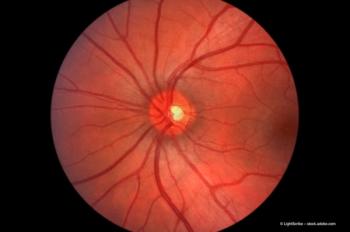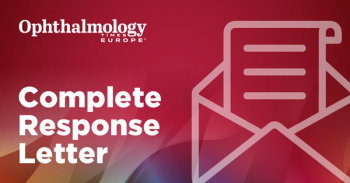
Significance of the YOSEMITE and RHINE 2-year DMO clinical trial results
In the study, the faricimab molecule, which is a combined anti-Ang2 and anti-VEGF, performed better than the aflibercept drug in many different ways. Rishi P. Singh, MD, FASRS, summarizes some of these key findings.
Rishi P. Singh, MD, FASRS, highlights the two-year results of the YOSEMITE and RHINE trials, in which patients were randomized to receive either faricimab or aflibercept, in a presentation at the 2022 Retina World Congress.
Video transcript
My presentation was on the two-year results of the YOSEMITE and RHINE trials. This trial enrolled patients and randomized them to receiving either faricimab or Eylea within the course of the trial. The patients in the faricimab arm were actually given either a personalized treatment approach after four loading doses or given the drug every eight weeks after loading period.
And what the study found was really quite interesting. The faricimab molecule, which is both a combined anti-Ang2 and an anti-VEGF, performed better than the aflibercept drug in the trial in many different ways.
First and foremost, the durability of the drug was significantly better in the faricimab study, with almost 79% of patients achieving acute 12 week of dosing and the personalized treatment approach during the end of the two-year study.
In addition, 60% of patients who received the drug every 16 weeks at the end of the two-year trial, and we found greater reductions in retinal fluid, especially intraretinal fluid, within the faricimab arm compared to aflibercept. As well as we saw better resolution of diabetic macular edema in a faster fashion within the faricimab arms compared to aflibercept during the two-year trial.
Newsletter
Get the essential updates shaping the future of pharma manufacturing and compliance—subscribe today to Pharmaceutical Technology and never miss a breakthrough.




























